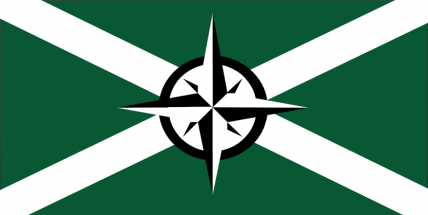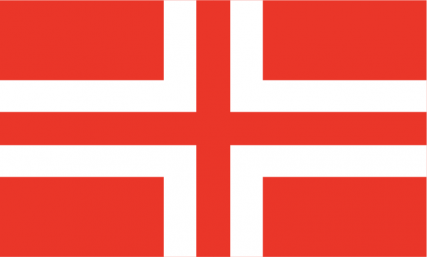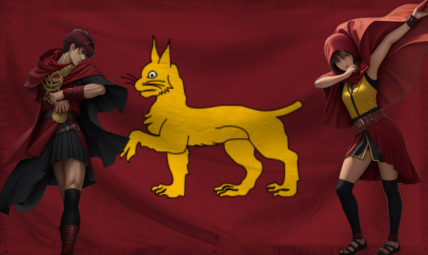One of the best examples of this in the ancient world might be the Roman Republic. Full citizens of the Roman state were afforded all legal rights and protections, but divided between those that were permitted to vote and those that could not. This could be along a dichotomy of residency, as transferring from one city to another may not guarantee you keep your level of citizenship, or the dichotomy between men and women. As women were not included in the political processes of the state, they were not afforded the right of voting or running for office, which placed them in the lower category of full citizen.
Further down was the Latin Right extended to the Latin League, which afforded some legal rights but not others, and restricted the right to vote, extending partial citizenship. You then also had the idea of the Socii, or 'allies'. Some of the differences here are that Roman citizens could not be crucified or tortured, whilst the same right was not extended to these groups. Furthermore, a Roman citizen sentenced to death for a non-treasonous crime could commute it to exile, and had the right to have a capital case be judged in Rome itself.
Other examples exist such as Athenian native citizens with the right to vote, citizens without, and foreign citizens who chose to live in the Athenian state.
Today, nations in the real world such as Canada, the United States, the United Kingdom, and much of what we consider Western Civilisation afford the same rights, protections, and guarantees to all those with the legal ability to call themselves citizens of the nation. However this is by no means a rule that all nations follow and as shown, most did not.
- Code: Select all
[b]Does your nation operate on the idea of such a thing as a citizen?[/b]
[b]At any point in your nation's history, has your society operated on a graduated citizenship practice, where different individuals could both claim to be citizens but have different rights afforded to them depending on the class of citizen they were?[/b]
[b]Does your nation operate on such a practice today?[/b]
[b]If not, were you ever under the control or influence of another state that did, and enforced it upon you as a subject or otherwise included your people within it?[/b]
[b]If so at any point in history, along which lines was citizenship divided? What are their tiers / ranks?[/b]
[b]Is there any popular call to either remove graduated citizenship, or implement it, depending on the current situation of your nation?[/b]
[b]If such a practice [i]is[/i] in place, what is the view within your nation (popular or government official stance) upon nations and societies that do [i]not[/i] operate by such ideas?[/b]
[b]If such a practice is [i]not[/i], what is the view within your nation (popular or government official stance) upon nations and societies that [i]do[/i] operate by such ideas?[/b]
[b]If this practice was ever in place, but isn't anymore, when and why was it abandoned?[/b]
[b]If this practice was not in place before, but is now, when and why was it adopted?[/b]
EDIT: Corrected 'human history' to 'human civilised history'.
EDIT 2: Added a question inquiring as to what the actual citizenship divisions are. I apologise for that mistake as I had written it before, but corrected to a code format and forgot to put it back in.















